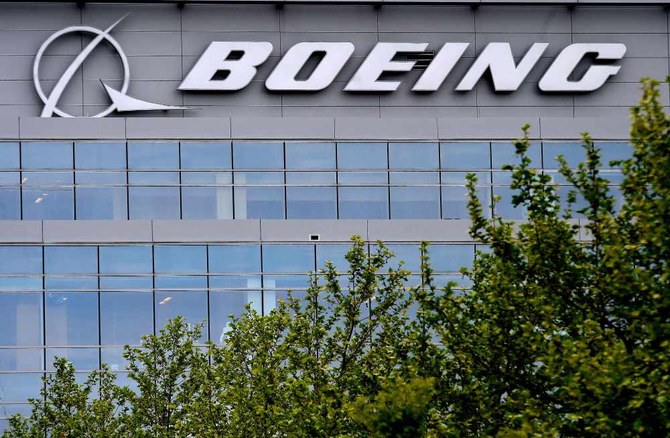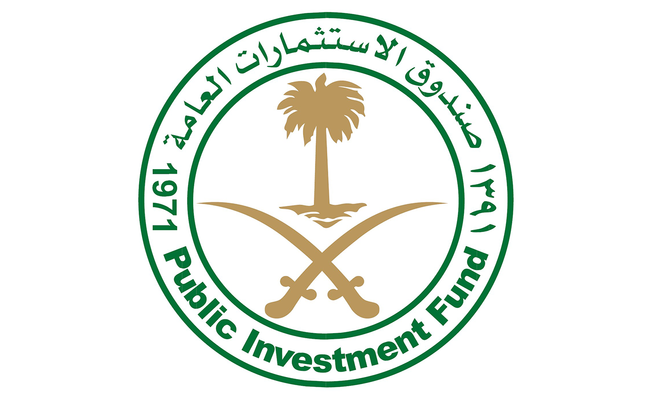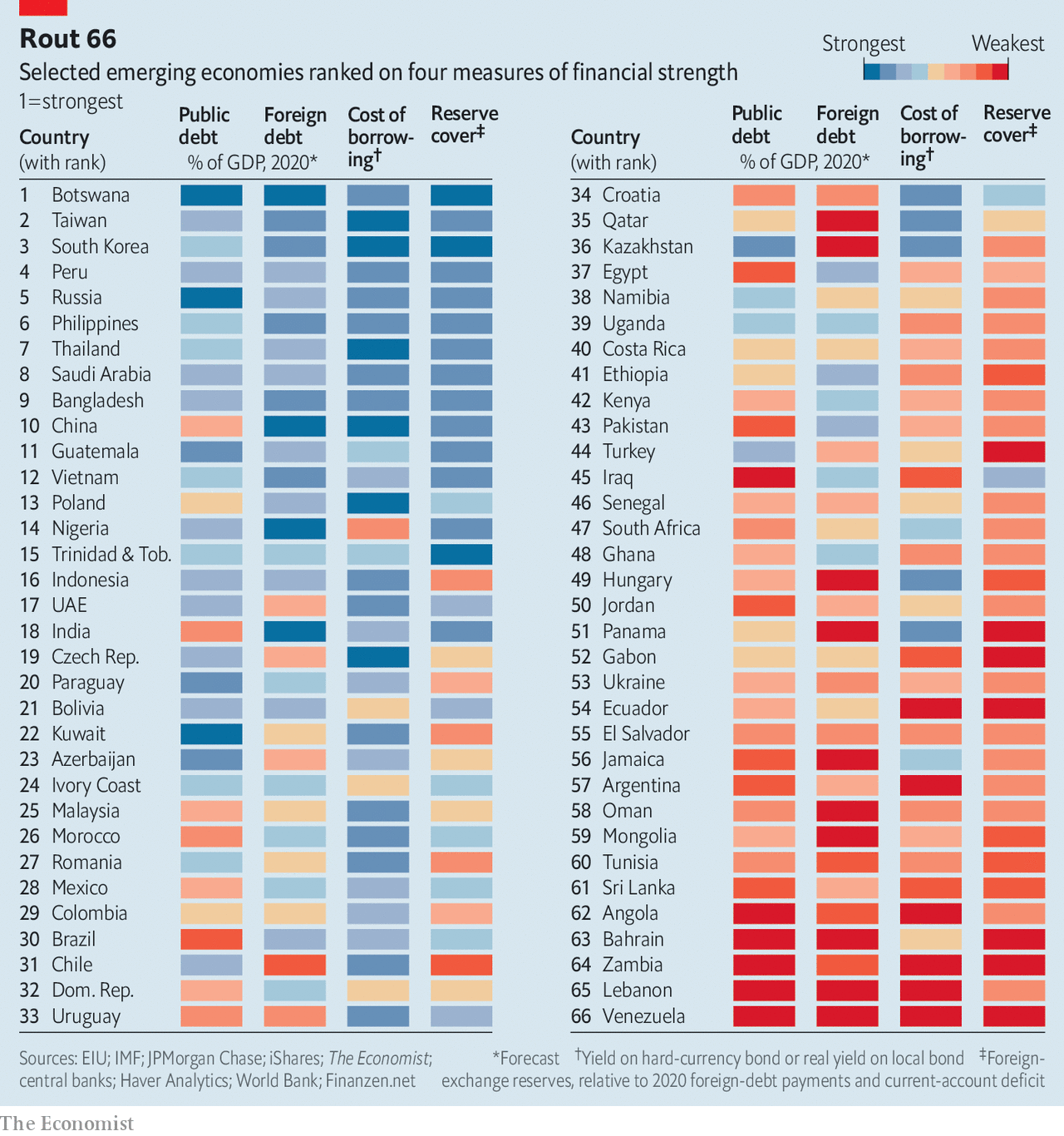It is really surprising, Hearing this from an Arab.
May Allah bless you all more with good mind and remove some pre existing pride, Pride is a bad quality of human being, Found in every region.
There is no shame in doing small things or nothing great in doing big things.
Everyone has their role in a community, They serve it
No sane Arab or person anywhere is "looking down" on a honest job that person x or y is doing, the "genius" (Rusty) just has a hard time understanding why the average Qatari (less than 350.000 people) does not want to work/has no need for it as a toilet cleaner or carpenter when he has no need for that and is on average educated (college degree or enough qualification to work a non-labour job in the public sector or private sector) and on average is one of the most wealthy people on the planet. Take a look at their GDP per capita for a second! From what I know some old Qataris still work as fishermen in the north of the country and coastal cities/villages and some work in the agricultural sector (the little that is in Qatar) or as herders out of their own choice, once again the older generation.
Anyway manual jobs such as cleaning etc. are not jobs that are needed and not jobs that will survive for much longer as robots/artificial intelligence will do most such jobs in the future. This is already occurring in factories etc. that were once equipped with people (factory workers) across the world. Same thing is happening in the West and the developing world with even 1.4 billion big China moving such production to Vietnam, Indonesia etc. and poorer countries.
All this myth of "Arabs look down on manual labour" is some kind of PDF created myth related to that notion of palaces, Ferraris etc. that I talked about.
Ask Pakistani PDF users that live in KSA and let them help you out further if you don't believe what I am writing, lol.
Anyway in case people forgot the actual topic of the thread, a little reminder
As I already wrote in this thread previously, KSA has 2 sovereign wealth funds worth an estimated 1 trillion USD. KSA has investments and assets abroad worth trillions of USD.
The Saudi Arabian non-oil economy has been booming in recent years and had impressive growth rates.
KSA is currently undergoing one of the largest industrialization surges anywhere out there as the "made in KSA" gives a small insight into.
KSA's budget for 2020 was the biggest in history when it was announced in December of 2019 and 40% of the budget was non-oil derived (38% to be exact). Not many years ago such a number would be unthinkable. Which proves that things are moving in the right direction despite overall low oil prices in the past 5-6 years.
https://us-sabc.org/saudi-arabias-2020-budget-review/
https://home.kpmg/sa/en/home/insights/2019/12/kingdom-of-saudi-arabia-2020-budget-report.html
Saudi Arabia buys $7.7 billion shares in world’s best known companies
1 / 2
2 / 2
Updated 19 May 2020
FRANK KANE
May 17, 2020
- Bargain-hunting wealth fund invests in Boeing, Facebook, Disney, Starbucks and more
DUBAI: Saudi Arabia’s sovereign wealth fund has gone bargain hunting during the current economic turmoil, snapping up about $7.7 billion worth of shares in some of the best known companies in the world.
The $320 billion Public Investment Fund bought stakes in global corporate leaders such as
Boeing, Facebook, Disney, Marriott and Starbucks. It also invested in two big US banks,
Citigroup and Bank of America, and took holdings in oil giants BP, Total and Royal Dutch Shell.
Stock market experts said the buying spree reflected confidence on the part of the PIF that companies badly affected by the economic fallout from the COVID-19 pandemic would recover quickly, and their share prices would rise.
“The PIF seems to have taken a view on prices from a long-term perspective. We must assume they bought when they were down on the assumption they’ll go back up,” Tarek Fadlallah, chief executive of Nomura Asset Management in the Middle East, told Arab News.
Explaining its investment rationale, the PIF described itself as “a patient investor with a long-term horizon. As such, we actively seek strategic opportunities both in Saudi Arabia and globally that have strong potential to generate significant long-term returns while further benefiting the people of Saudi Arabia and driving the country’s economic growth.”
FASTFACTS
- The buying spree reflects confidence on the part of the PIF that companies badly hit by the pandemic would recover quickly, say experts.
- US stocks lost about 30 per cent of their value in the crash after the global lockdowns began, but have since recovered about half of that decline.
A declaration to the US stock market regulator showed PIF having positions worth about $10 billion in 24 companies. The biggest, worth just over $2 billion, was an already declared holding in taxi app Uber.
The next biggest was an investment in BP, nearly 34 million shares valued at $827 million, followed by the Boeing stake for $713 million. Facebook and Citigroup stakes were valued at about $521 million each.
The new PIF portfolio has a strong bias toward travel, entertainment and hospitality, with shareholdings in the Marriott hotel chain, the online travel company Booking.com and events promoter Live Nation.
There is also interest in technology with investments in Cisco, Qualcomm and Broadcom, and in pharmaceuticals via a stake in Pfizer.
One notable smaller purchase was in Berkshire Hathaway, the vehicle of legendary investor Warren Buffet, who recently sold big stakes on a pessimistic view of future valuations. One Saudi banker said: “That’s a cheeky way of PIF telling Buffet that they are more optimistic than him.”
US stocks lost about 30 per cent of their value in the crash after the global lockdowns began, but have since recovered about half of that decline after large-scale fiscal intervention by the federal authorities.
https://www.arabnews.com/node/1675796/business-economy
Saudi Arabia's PIF buying spree is vote of confidence in pandemic recovery

FRANK KANE
May 19, 2020
We should have seen it coming. Yasir Al-Rumayyan, governor of Saudi Arabia’s Public Investment Fund (PIF), told a virtual gathering of investors last month, “You don’t want to waste a crisis. We’re looking into any opportunities.”
Amid the global economic turmoil caused by the coronavirus disease (COVID-19) pandemic, few took him at his word, but at the end of last week proof of the PIF’s ambitions came in a Form 13F declaration from the US Securities and Exchange Commission (SEC), the watchdog of the American investment industry.
The disclosure — required by US authorities of all big investment institutions — showed that the PIF had not wasted any time at all during the crisis. In fact, it had been in hyperactive mode during the first half, when global stock markets had plummeted as economic activity ground to a halt under pandemic lockdowns.
The PIF had spent around $7.7 billion on a shopping spree of US assets, many of them in sectors deemed especially vulnerable to the forecast downturn such as travel, hospitality, and entertainment, as well as in energy and financial services.
The disclosure repays a bit of scrutiny. Note first, that although there are some investment businesses outside the US — Canadian Natural Resources and Suncor Energy of Canada, along with Europe’s Royal Dutch Shell, Total and BP — all are in US-quoted securities, for example American depository receipts (ADRs).
Another point is that the document is a snapshot, rather than a timeline. It does not identify exactly when the PIF bought the shares, only what their value was at the end of March. So, it is not possible to tell precisely what price the Kingdom’s wealth fund paid for the assets.
But it is reasonable to assume most of them were purchased in the first few weeks of March, when US markets fell by around 30 percent before the federal authorities intervened to stabilize financial markets with the first of their “bazooka” interventions.
These had the desired effect as stocks rebounded from the end of March, winning back more than half of their earlier losses. It is entirely possible that the PIF is already in the money on some of the investments.
The PIF picks fall into five broad categories. Bank of America and Citigroup are two leading financial institutions and seen as financial “blue chips” that already have corporate and investment banking relationships with the Kingdom. They are safe long-term bets, but the shares could be vulnerable to any further downturn in financial markets.
The PIF buying spree helps shift its portfolio away from a concentration on Saudi Arabia and its big projects.
Frank Kane
Leisure and travel were hit hard by social distancing measures and air travel restrictions. Marriott International, Booking Holdings and Carnival Cruises obviously face challenges until the new normal of global travel becomes apparent, but could be seen as immediate beneficiaries from a recovery.
The same applies to entertainment — in the form of Disney Corp. and Live Nation — although they could take longer to get back to pre-pandemic levels because of ongoing social distancing and understandable fears about close-proximity events.
The PIF went big in technology, with stakes in Automatic Data Processing, IBM, Qualcomm, and Broadcom. Technology is one of the sectors generally seen as a long-term winner from the health crisis.
Boeing, another big PIF investment, was already suffering because of the 737 Max problems, which have been compounded by increased uncertainty over new aircraft orders. The corporation is well known in the Kingdom through other defense and technology business.
The energy investments, especially in independent oil companies, sparked some skepticism. The purpose of the PIF after all is to diversify the Kingdom’s economy away from oil dependency. But it is a sector Saudi Arabia obviously knows very well and could bring the PIF some influence in future global energy policy, as well as capital upside when oil prices improve.
The small investment in Berkshire Hathaway — the vehicle of Warren Buffet — was seen as a riposte to the legendary investor who has been among the gloomier voices in the crisis. But the PIF could also do worse than backing the “sage of Omaha.”
The PIF buying spree helps shift its portfolio away from a concentration on Saudi Arabia and its big projects. Long-term international investment, in sectors that will make money for the Kingdom and assist its own diversification ambitions, is a core part of the PIF strategy.
But most of all, the $7.7 billion bargain hunt is a big vote of confidence that economic and financial recovery will be rapid and resilient. The coming months will show how good a call that is.
• Frank Kane is an award-winning business journalist based in Dubai. Twitter: @frankkanedubai
https://www.arabnews.com/node/1676721
Surprising turns of events for an supposedly bankrupt, collapsing and starving country as proclaimed on PDF.

As for the entire oil price "war" a few months ago.
Take bombastic propaganda articles from Qatari owned media such as the Middle East Monitor that has already been posted on PDF. Articles like this.
https://www.middleeastmonitor.com/20200501-mismanagement-is-driving-saudi-arabia-towards-bankruptcy/
The above article suggests that KSA was used and forced. However, that was not true, not even one bit. Here is a quote from that article: "The prospect of losing U.S. military protection made the royal family “bend at the knees” and bow to Trump’s demands, a Middle Eastern diplomat told Reuters."
What actually happened?
Key information:
- There are three players, KSA, Russia, and the U.S
- OPEC+ includes OPEC members and others, such as Russia
- Both Russia and the. U.S are not members of OPEC
- Oil demand declined because of COVID-19, and KSA wanted to cut - down production to maintain a reasonable price
- Although they had an agreement (KSA and Russia), Russia refused to cut down its production
- The U.S actually increased its production to take advantage of the situation
- The U.S has always acted independently because they believe that it is a free market and there should never be such agreements
- KSA got a bit mad and said, alright.
- KSA increased its production to bring Russia back to the table
- Oil price went down
-
-
What happened to the free market talking? Well....
- However, On Apr 13, 2020, they (INCLUDING the U.S) reached an agreement to cut down production
The article: A negative story about KSA
Reality:
KSA disciplined two amateur players, and DID NOT cut its production down until they reached an agreement.
Emerging economies around the world ranked on their financial strength
May 2nd 2020
https://www.economist.com/briefing/2020/05/02/which-emerging-markets-are-in-most-financial-peril










